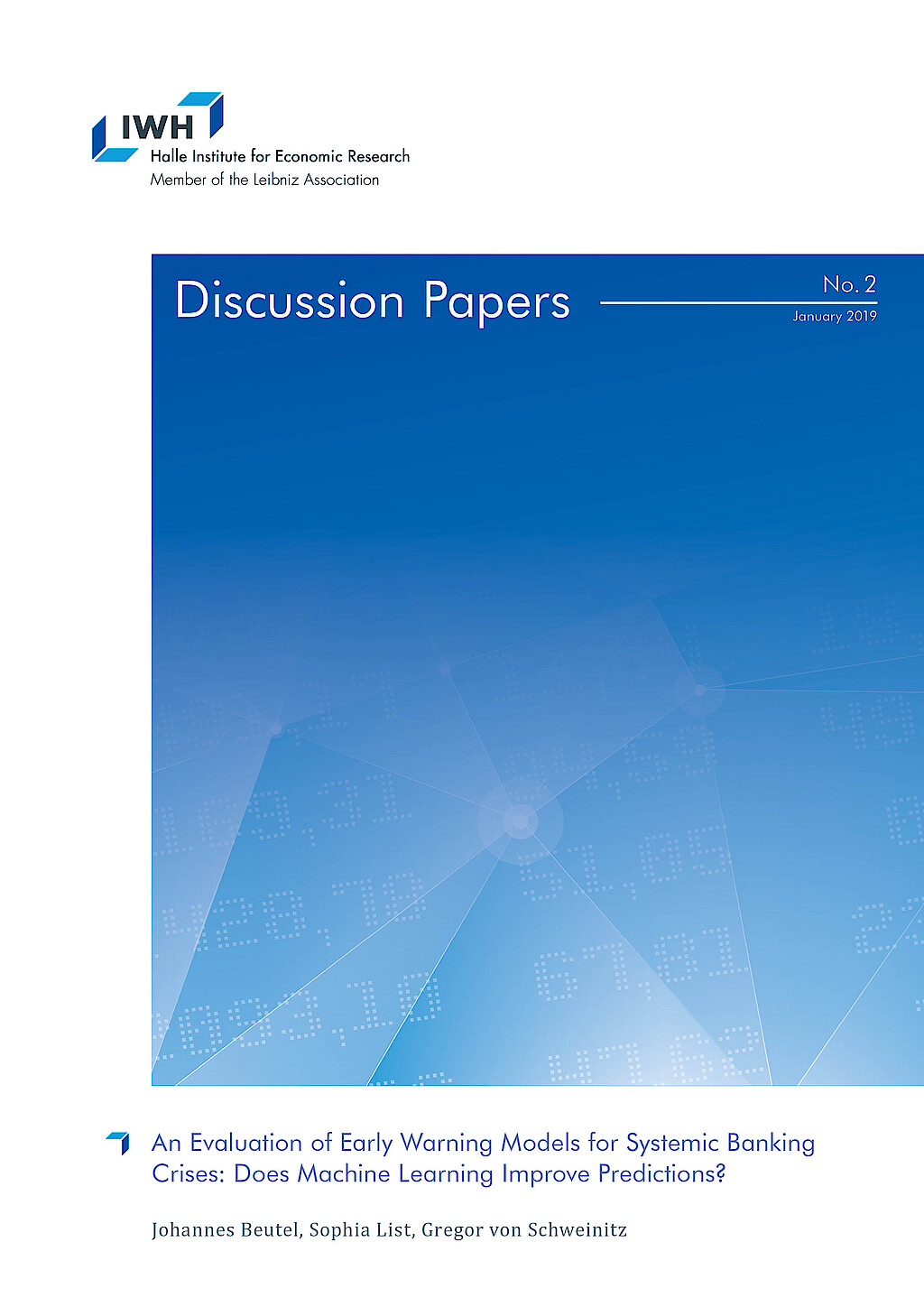
An Evaluation of Early Warning Models for Systemic Banking Crises: Does Machine Learning Improve Predictions?
This paper compares the out-of-sample predictive performance of different early warning models for systemic banking crises using a sample of advanced economies covering the past 45 years. We compare a benchmark logit approach to several machine learning approaches recently proposed in the literature. We find that while machine learning methods often attain a very high in-sample fit, they are outperformed by the logit approach in recursive out-of-sample evaluations. This result is robust to the choice of performance measure, crisis definition, preference parameter, and sample length, as well as to using different sets of variables and data transformations. Thus, our paper suggests that further enhancements to machine learning early warning models are needed before they are able to offer a substantial value-added for predicting systemic banking crises. Conventional logit models appear to use the available information already fairly effciently, and would for instance have been able to predict the 2007/2008 financial crisis out-of-sample for many countries. In line with economic intuition, these models identify credit expansions, asset price booms and external imbalances as key predictors of systemic banking crises.





